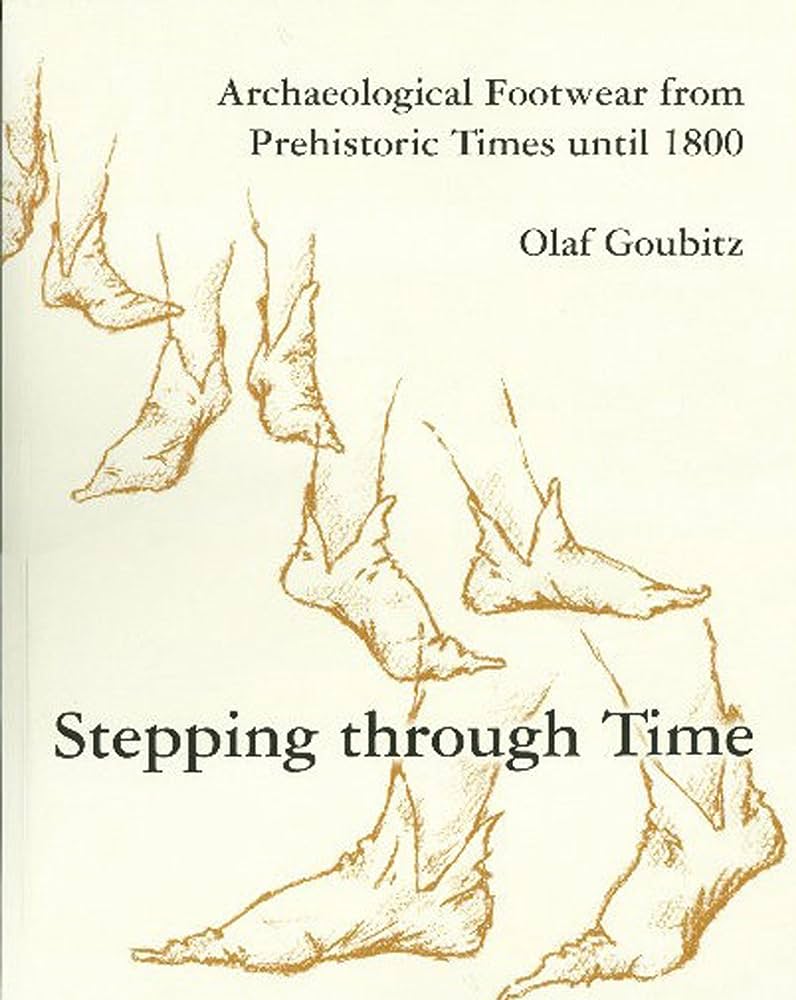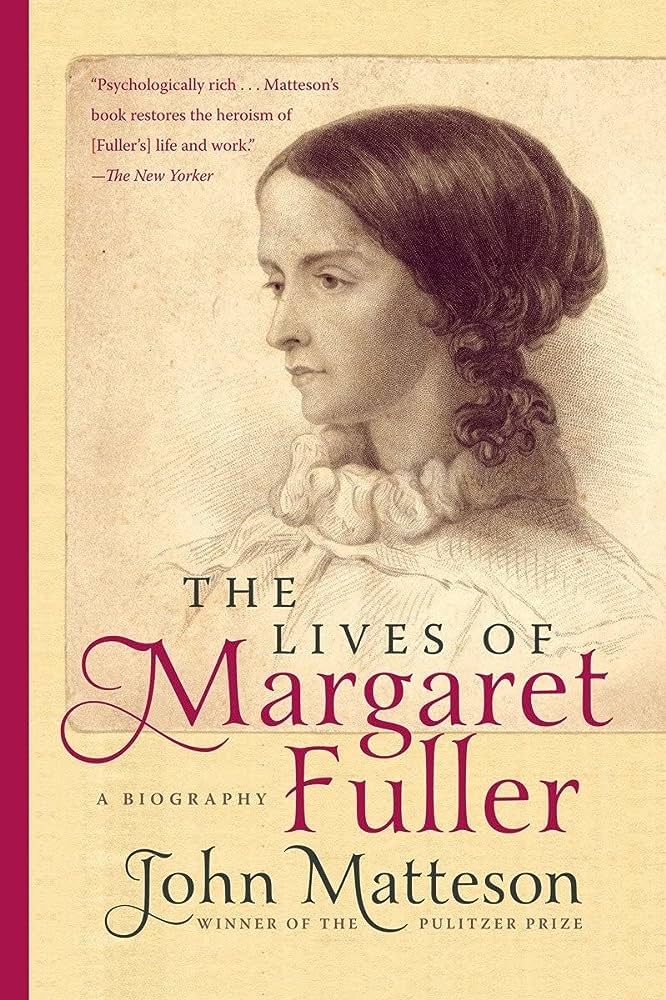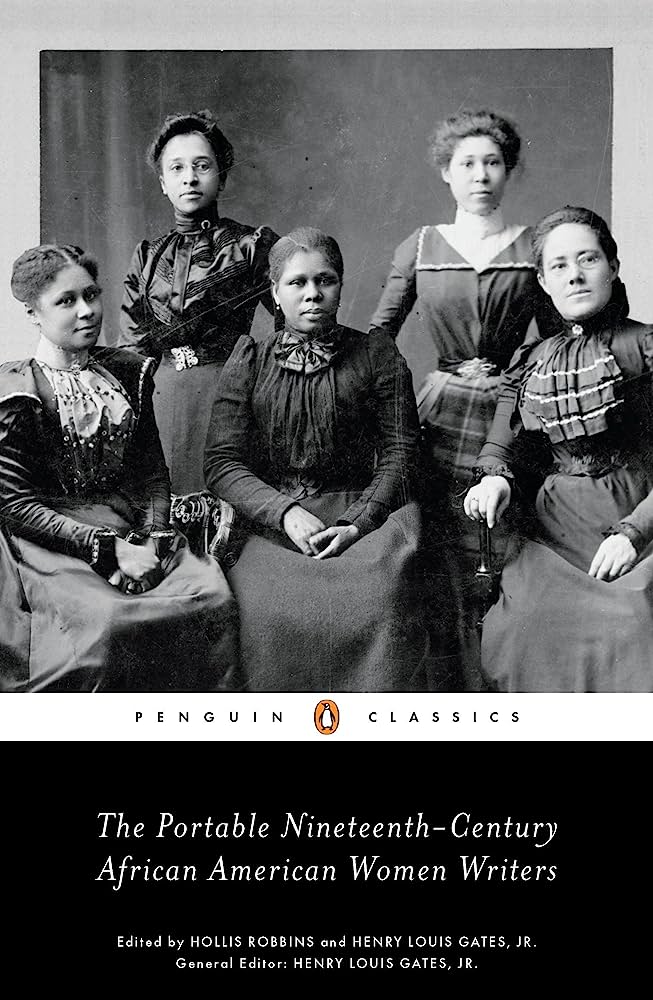The 19th century holds a special place in the history of literature, particularly in Russia, where a unique confluence of social change, philosophical inquiry, and artistic brilliance gave rise to some of the world’s most enduring literary works. 19th century Russian literature has carved an indelible mark on the global literary landscape, offering profound insights into the human condition that continue to resonate to this day.
From gripping tales of existential angst to evocative depictions of Russian society, the literature of this period reflects a nation grappling with rapid modernization and the search for identity. Let’s explore the rich tapestry of Russian literary heritage, from its celebrated authors to the groundbreaking works that still captivate readers around the world.
Key characteristics of 19th century Russian literature
19th-century Russian literature is renowned for its complex characters, moral questions, and detailed psychological analysis. Realism became the dominant literary movement, with writers striving to represent life truthfully and delve into the intricate workings of the human mind. This period saw the rise of the Russian novel as a form capable of exploring a wide spectrum of social and personal issues.
The literature of this era often reflected societal changes, including the struggle against autocratic rule and the plight of the Russian peasantry. Social critique and the use of literature as a tool for reform were prominent themes, as authors examined the discrepancies between ideals and reality. Additionally, many works from the period are characterized by a deep philosophical engagement, with existential themes and questions of fate and free will frequently surfacing in their narratives.
Symbolism and gothic elements also appeared in Russian literature of the time, particularly in the works of authors like Gogol and Lermontov. These features underscore the era’s experimentation with form and the fusion of Western and Russian literary traditions.
Most prominent authors of 19th century Russian literature
The 19th century saw a constellation of literary geniuses emerge in Russia. Alexander Pushkin, often hailed as the founder of modern Russian literature, brought a new elegance and simplicity to Russian verse and prose. His novel in verse, “Eugene Onegin,” and his short stories and plays remain cornerstones of Russian literature.
Fyodor Dostoevsky and Leo Tolstoy loom large over the literary landscape with their epic novels, which probe the depths of the human psyche and the complexities of moral life. Dostoevsky’s “Crime and Punishment” and “The Brothers Karamazov,” alongside Tolstoy’s “War and Peace” and “Anna Karenina,” are seminal works that continue to influence writers and thinkers worldwide.
Not to be overlooked is Nikolai Gogol, whose works like “Dead Souls” and “The Overcoat” blend satire, social commentary, and the grotesque to great effect. Mikhail Lermontov’s “A Hero of Our Time” is another masterpiece, offering a portrait of a disenchanted nobleman that foreshadows the anti-heroes of later literature.
Essential books of 19th century Russian literature
A definitive list of essential books from this era would include:
- “War and Peace” by Leo Tolstoy – A sweeping narrative of Russian society during the Napoleonic Wars.
- “Anna Karenina” by Leo Tolstoy – A tragic tale of love, infidelity, and the search for happiness.
- “Crime and Punishment” by Fyodor Dostoevsky – A psychological exploration of guilt and redemption.
- “The Brothers Karamazov” by Fyodor Dostoevsky – A philosophical novel tackling faith, doubt, and the nature of evil.
- “Dead Souls” by Nikolai Gogol – A satirical critique of Russian provincial life and the corrupting power of wealth.
Each of these works offers a window into the Russian soul and remains a staple in the canon of world literature.
Golden age influence on 19th century Russian literature
The Golden Age of Russian literature refers to the first half of the 19th century, particularly the 1830s and 1840s, when Russian writers reached unprecedented heights in poetry and prose. This period was marked by a flowering of literary talent and the establishment of a Russian cultural identity.
Writers like Pushkin and Lermontov were instrumental in developing a Russian literary language that was both accessible and expressive. They paved the way for later novelists to tackle the broader social issues of the day through their works, thus ensuring that Russian literature would not only reflect the lives of the aristocracy but also address the concerns of the common folk.
The influence of the Golden Age is seen in the enduring themes of individuality versus society, the role of the artist, and the quest for truth, which continued to resonate in the works of later 19th-century writers such as Tolstoy and Dostoevsky.
Themes explored in 19th century Russian literature
The thematic richness of 19th-century Russian literature is vast, with authors exploring various aspects of human experience. Alienation, spiritual crisis, and the search for meaning in a changing world are recurrent themes. The clash between the individual and societal expectations is another dominant motif, as is the critique of social injustice and the examination of moral dilemmas.
Love, tragedy, and redemption are also central themes, often portrayed against the backdrop of the Russian landscape, which serves as a powerful symbol for the characters’ emotional states. Additionally, many works from this period grapple with the tension between Western influences and traditional Russian values, reflecting the country’s complex cultural dynamics.
Relevance of 19th century Russian literature today
The timeless nature of Russian literature from the 19th century lies in its exploration of universal themes and its profound understanding of the human condition. In our modern world, where questions of identity, morality, and societal roles are as pertinent as ever, these literary works offer valuable insights and a sense of connection to readers across time and space.
Moreover, the psychological depth and narrative innovations found in these works have influenced countless authors and continue to be studied for their artistic merit. They serve as benchmarks for the development of the novel as a literary form and offer a lens through which to view contemporary issues.
In a globalized world, the study of 19th century Russian literature also fosters cross-cultural understanding, demonstrating the power of literature to transcend national boundaries and speak to the shared human experience.
Historical context shaping 19th century Russian literature
The 19th century was a period of great change for Russia, marked by social upheaval, wars, and the gradual erosion of the feudal system. The emancipation of the serfs in 1861 and the subsequent reforms had profound effects on Russian society, which are reflected in the literature of the time.
The rise of the intelligentsia and the spread of liberal ideas, alongside the influence of European Romanticism and Realism, helped shape the literary output of Russian authors. Political repression and censorship also played a role, forcing writers to develop subtle means of critique and to explore the philosophical underpinnings of their society.
This complex historical backdrop gave rise to a literature that was deeply engaged with the issues of its day, providing modern readers with a vivid portrait of a society in flux and the enduring human questions that emerge in times of change.
Further explorations of 19th century Russian literature
To truly grasp the magnitude of 19th century Russian literature, we must consider the broader questions and related topics that it encompasses. These explorations not only deepen our appreciation for the era but also connect us to its ongoing legacy.
Understanding the significance of 19th century Russian literature requires us to look beyond the texts themselves and into the lives of the individuals who penned them. We must consider the ways in which their personal struggles, triumphs, and philosophies are woven into the fabric of their narratives.
When we engage with the impact of 19th century Russian literature, we are also engaging with the forces that have shaped our modern literary sensibilities. Let’s delve into some of the most pressing questions related to this rich period of literary history.
Related inquiries into the heart of Russian literary greatness
What was Russian realism literature in the 19th century?
Russian realism in the 19th century was a literary movement that strove to depict life as it genuinely was, without romantic idealization. It focused on ordinary characters, settings, and situations, portraying the everyday lives of people across different social classes. This movement was a reaction against the escapist elements of Romanticism, and its practitioners aimed to use literature as a means of social commentary and reform.
Authors like Tolstoy and Dostoevsky became masters of the realist novel, creating works that examined human consciousness and moral dilemmas with a depth that few others have matched. The realist movement also included a strong emphasis on the ethical responsibilities of the individual and the need for social progress.
What is the most famous Russian literature?
Among the most famous Russian literary works are Tolstoy’s “War and Peace” and “Anna Karenina,” both of which are celebrated for their complex characters and sweeping narratives. Dostoevsky’s “Crime and Punishment” also stands as a towering achievement in literature, exploring the psychological turmoil of its protagonist in profound detail.
Gogol’s “Dead Souls” and Pushkin’s “Eugene Onegin” are also regarded as masterpieces, each contributing significantly to the literary canon and reflecting the artistic diversity that characterizes Russian literature.
When was the golden age of Russian literature?
The Golden Age of Russian literature is typically identified with the first half of the 19th century, particularly the 1830s and 1840s. This period was a time of remarkable creativity and the establishment of a national literary tradition in Russia. It was during this Golden Age that many of the foundational texts of Russian literature were written, setting the stage for the continued development of Russian arts and letters.
What was happening in Russia in the 19th century?
The 19th century in Russia was a time of great social and political transformation. The century began with the Napoleonic Wars, which had a significant impact on Russian society and fueled a burst of national feeling. The abolition of serfdom in 1861 began the slow process of social reform that would continue into the 20th century.
Industrialization began to change the face of Russian cities, and the rise of the intelligentsia brought new ideas and movements, from Romanticism to Realism and beyond. All these changes created a fertile ground for the literary exploration of social issues and human experience, which became the hallmark of 19th century Russian literature.
Let’s take a moment to dive deeper into this topic with an engaging video from YouTube that elaborates on the impact and legacy of Russian literature in the 19th century.
The resonance of 19th-century Russian literature in contemporary culture is undeniable. Its authors and their creations continue to captivate, inspire and provoke thought in readers and scholars alike. As we reflect on the narratives woven by these literary giants, we gain not only knowledge of a pivotal era but also a deeper understanding of the timeless human struggles they portray.











